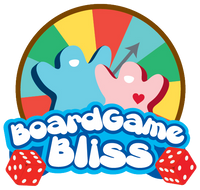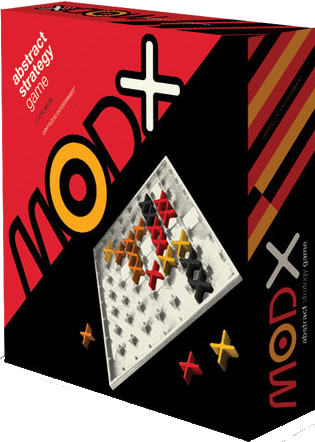MOD X
Products title that includes 'PRE-ORDER' is subject to our Pre-order Policy
Couldn't load pickup availability
Delivery and Shipping
Delivery and Shipping
For more details, please refer to our Shipping and Order Information.
Pre-Order Policy
- Pre-order items are charged at the time the order is placed.
- Prices for pre-order items are subject to change based on final landed costs.
- If the final price is lower, the difference will be refunded to the customer in the form of store credit.
- If the final price is higher, customers will be given the option to either:
- Pay the difference, or
- Cancel the item for a full refund.
- Orders containing pre-order items will be placed on hold until all items in the order are available.
- Once all items have arrived and pricing remains unchanged, the order will be automatically shipped.
- Pre-orders are fulfilled on a first-come, first-served basis.
- If a pre-ordered item becomes unavailable (e.g., the publisher cancels the product), a full refund will be issued.
- Pre-orders may be cancelled and refunded by customers or the store.
- For transactions that are no longer eligible for direct refunds due to payment processor limitations, a store credit will be issued instead.
Description
Description
| Designer | |
| Publisher | Game Salute |
| Players | 2-4 |
| Playtime | 25 mins |
| Suggested Age | 50 and up |
In the abstract strategy game MOD X, each player has 14 game pieces and 18 score markers, with the goal being to reach an established number of points (determined by the number of players). Players take turns placing a game piece on the board and trying to create scoring patterns – an "X", a "+", or a line, with each pattern requiring five pieces – while simultaneously trying to block their opponents from scoring with these same patterns.
After creating a successful pattern, a player places score markers on the board marking these spaces. Players can lose their score markers, however, if opponents create scoring patterns over these score markers on a later turn.
The game ends when one player reaches the established number of points (and wins) or a player runs out of pieces; in this latter case the player with the most points wins.

